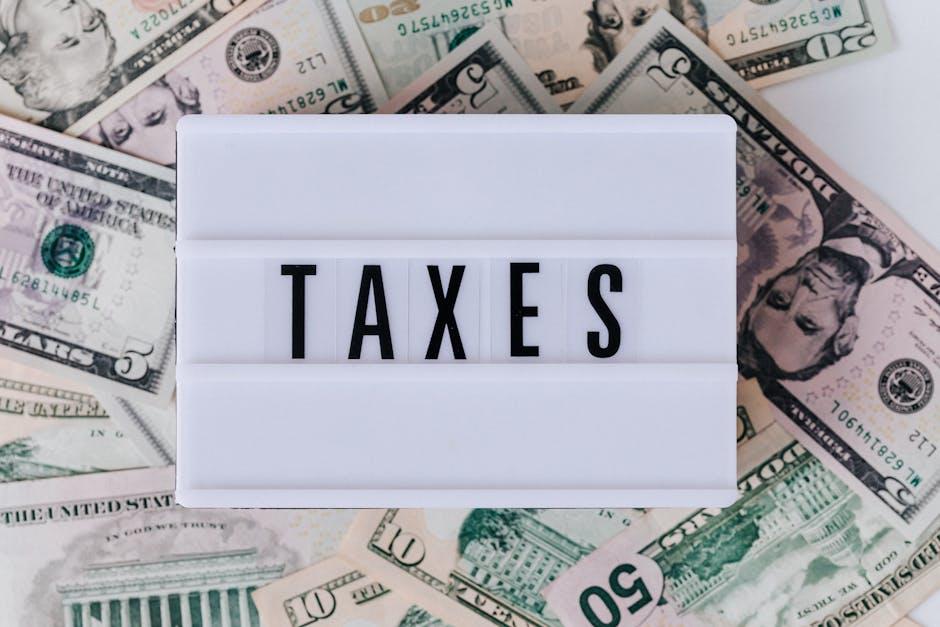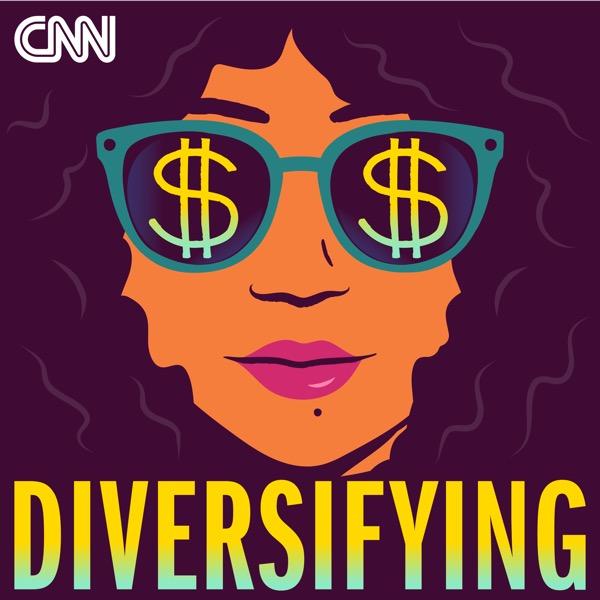In the ever-evolving tapestry of the modern workforce, freelancing has emerged as a vibrant thread woven by dreamers, doers, and innovators. With the freedom to craft your own destiny, set flexible hours, and choose diverse projects, the life of a freelancer radiates an undeniable allure. Yet beneath this sunlit tapestry lies a formidable challenge: achieving financial security in a realm where paychecks are neither guaranteed nor predictable. Welcome to our “,” where we embark on a journey to unravel the mysteries of managing irregular income, securing a stable future, and ensuring peace of mind in the thrilling, yet uncertain world of freelancing.
Building a Solid Foundation: Essential Savings Strategies for Freelancers
As a freelancer, one of the most crucial steps towards financial security is establishing a solid savings plan. To start, it’s essential to create a budget that tracks both your income and expenses. This will help you identify unnecessary spending and increase your savings potential. Here are a few key strategies to consider:
- Emergency Fund: Aim to save at least three to six months’ worth of living expenses.
- Automate Savings: Set up automatic transfers to your savings account to ensure you consistently save a portion of your income.
- Separate Accounts: Maintain distinct accounts for taxes, business expenses, and personal savings to keep finances organized.
Additionally, freelancers often face unpredictable cash flow, making it important to plan for leaner times. Monitor your income trends and save more during prosperous periods. Consider diversifying your income sources to buffer against market fluctuations. Here’s a quick comparison chart to illustrate potential income distribution and savings priorities:
| Income Source | Percentage of Total Income | Savings Strategy |
|---|---|---|
| Client Projects | 60% | Allocate for emergency fund |
| Online Courses | 20% | Automate into long-term savings |
| Consulting | 15% | Set aside for business investments |
| Passive Income | 5% | Reinvest for growth |
By following these strategies, freelancers can build a robust financial foundation, ensuring stability and peace of mind in their professional journey.

Navigating Taxes: Practical Tips for Independent Contractors
As an independent contractor, managing taxes can feel intimidating, but with a few practical tips, you can simplify the process. Keep detailed records of all your income and expenses throughout the year. Use a dedicated bank account for your freelance work to make tracking easier. Consider using accounting software, which can automate many tasks and help you stay organized.
Moreover, familiarize yourself with tax deductions specifically for freelancers. Common deductions include home office expenses, internet and phone bills, and office supplies. It’s crucial to understand which deductions you qualify for, as well as the documentation required for each. Working with a tax professional can provide peace of mind and ensure you’re maximizing all available deductions.
| Expense Category | Examples |
|---|---|
| Home Office | Rent, utilities, insurance |
| Supplies | Pens, paper, printer ink |
| Communications | Internet, phone bills |

Diversifying Income Streams: Unlocking Multiple Revenue Channels
As a freelancer, it’s essential to have various sources of income to ensure financial stability. Consider exploring different income streams such as:
- Freelance Work: Offer your skills on multiple platforms like Upwork, Fiverr, or direct client contacts.
- Passive Income: Write an ebook, start a blog with affiliate links, or create an online course.
- Part-Time Jobs: Engage in part-time consulting or teaching at local institutes.
Additionally, building a diverse portfolio allows you to tap into various markets and reduce dependency on a single income source. Here are some strategies:
| Strategy | Action |
|---|---|
| Research | Stay updated with industry trends and demands. |
| Networking | Join professional groups and attend relevant events. |
| Skill Enhancement | Take online courses to boost your expertise. |

Maximizing Retirement Savings: Tailored Plans for Freelancers
As a freelancer, setting aside money for retirement might seem like a daunting task, but creating a customized plan can make this easier. Start by assessing your income: since your earnings may fluctuate, aim to save a percentage of your income instead of a fixed amount. This percentage can be adjusted in high-income months and scaled back during lean times. Automation is your friend here; setting up automatic transfers to a retirement account ensures you save consistently without having to think about it every month.
Consider diversifying your savings strategies to maximize your retirement funds. Here are some options to explore:
- SEP IRA: Allows you to contribute a higher percentage of your income with tax advantages.
- Solo 401(k): Great for freelancers with higher earnings, offering large contribution limits and Roth versions.
- IRA or Roth IRA: Ideal for moderate earners, with flexibility in contribution amounts and tax benefits.
To give you an idea of how these options stack up, here’s a quick comparison:
| Plan Type | Contribution Limit | Tax Benefits |
|---|---|---|
| SEP IRA | Up to 25% of income | Tax-deductible contributions |
| Solo 401(k) | Up to $58,000/year | Pre-tax and Roth options |
| IRA/Roth IRA | $6,000/year ($7,000 if 50+) | Tax-deferred or tax-free growth |
Q&A
Article Title:
Q1: Why is financial security particularly important for freelancers?
A1: Freelancers often lack the steady income and benefits typically associated with full-time employment, such as paid leave, health insurance, and retirement plans. Financial security becomes crucial because it safeguards against the unpredictability of freelance work, helps manage gaps between projects, and ensures they can meet their day-to-day needs and long-term financial goals.
Q2: What are the first steps a freelancer should take to achieve financial security?
A2: The first steps involve setting up a dedicated savings plan to cover at least three to six months of living expenses, creating a budget to track income and expenses, and separating personal and business finances. Starting with these basics helps freelancers build a solid financial foundation by ensuring they’re prepared for both lean periods and unexpected costs.
Q3: How can freelancers effectively manage their cash flow?
A3: To manage cash flow, freelancers should invoice clients promptly and clearly outline payment terms. Utilizing tools such as accounting software can help keep track of incoming payments and outstanding invoices. Additionally, setting aside a portion of each payment for taxes and using periodic income reviews can aid in maintaining a steady financial outlook.
Q4: What are some tools and resources freelancers can use to track their finances?
A4: Freelancers can utilize various tools and resources, such as budgeting apps like YNAB (You Need A Budget) and Mint, accounting software like QuickBooks and FreshBooks, and project management tools that incorporate financial tracking like Trello or Asana. Using these tools can help freelancers keep a detailed record of income, expenses, and financial milestones.
Q5: Why is it recommended for freelancers to have multiple income streams, and how can they develop them?
A5: Multiple income streams reduce reliance on a single source of income, thereby enhancing financial stability. Freelancers can develop them by diversifying their skill set, taking on different types of projects, offering related services (such as writing and proofreading), or even creating passive income streams through digital products or investments. This approach not only mitigates risk but also opens up more opportunities for revenue generation.
Q6: What role does retirement planning play in a freelancer’s financial security?
A6: Retirement planning is essential for freelancers, who do not have employer-sponsored retirement benefits. Freelancers should establish their own retirement accounts, such as an IRA (Individual Retirement Account) or a Solo 401(k). Regular contributions to these accounts, along with smart investments, ensure freelancers can secure their financial future and maintain their lifestyle when they decide to retire.
Q7: How can freelancers protect themselves from income volatility?
A7: Freelancers can protect themselves by building an emergency fund, consistently saving a portion of their income, and possibly investing in insurance policies like health, disability, and liability insurance. These measures provide a safety net and minimize financial stress, making it easier to navigate periods of income volatility.
Q8: What is the importance of setting financial goals for freelancers?
A8: Setting financial goals provides freelancers with a clear roadmap for their earnings and expenditures. Goals help prioritize financial decisions, encourage disciplined saving and investing, and facilitate long-term planning, such as buying a home or saving for education. Achieving these goals fosters a sense of accomplishment and ensures monetary stability.
Q9: How can networking contribute to a freelancer’s financial security?
A9: Networking can be a significant asset for freelancers by opening doors to new opportunities, providing referrals, and enabling collaborations. A strong professional network can lead to consistent work, higher-paying projects, and valuable advice from peers. This connectivity helps freelancers maintain a steady workflow and enhance their economic resilience.
Q10: What advice is there for freelancers who struggle with irregular income?
A10: For freelancers facing irregular income, the key is strategic planning. They should prioritize high-priority expenses, create a flexible budget that can accommodate fluctuations, and focus on building a robust savings cushion. Additionally, negotiating retainers or long-term contracts with clients can provide a more predictable income stream.
Embracing these financial strategies can equip freelancers to navigate their careers with confidence and security, ensuring a stable and prosperous future.
To Wrap It Up
As the sun sets on our exploration of financial security in the freelancing landscape, we find ourselves armed with the wisdom to navigate its undulating terrain. Like skilled mariners charting a course through both calm seas and stormy waters, freelancers can indeed conquer the uncertainties of their financial voyage.
With a treasure chest of strategies — from meticulous budgeting and diversified income streams to savvy tax planning and informed investment choices — you are poised to safeguard your financial future. Remember, the quest for stability is not a sprint but a marathon, one where foresight and discipline are your loyal companions.
So, as you journey forth under the vast expanse of the freelance horizon, let these guiding stars illuminate your path. May your financial compass always point towards stability and prosperity, allowing you to thrive in the dynamic world of freelancing. Safe travels, and may your endeavors be both fulfilling and financially secure.


